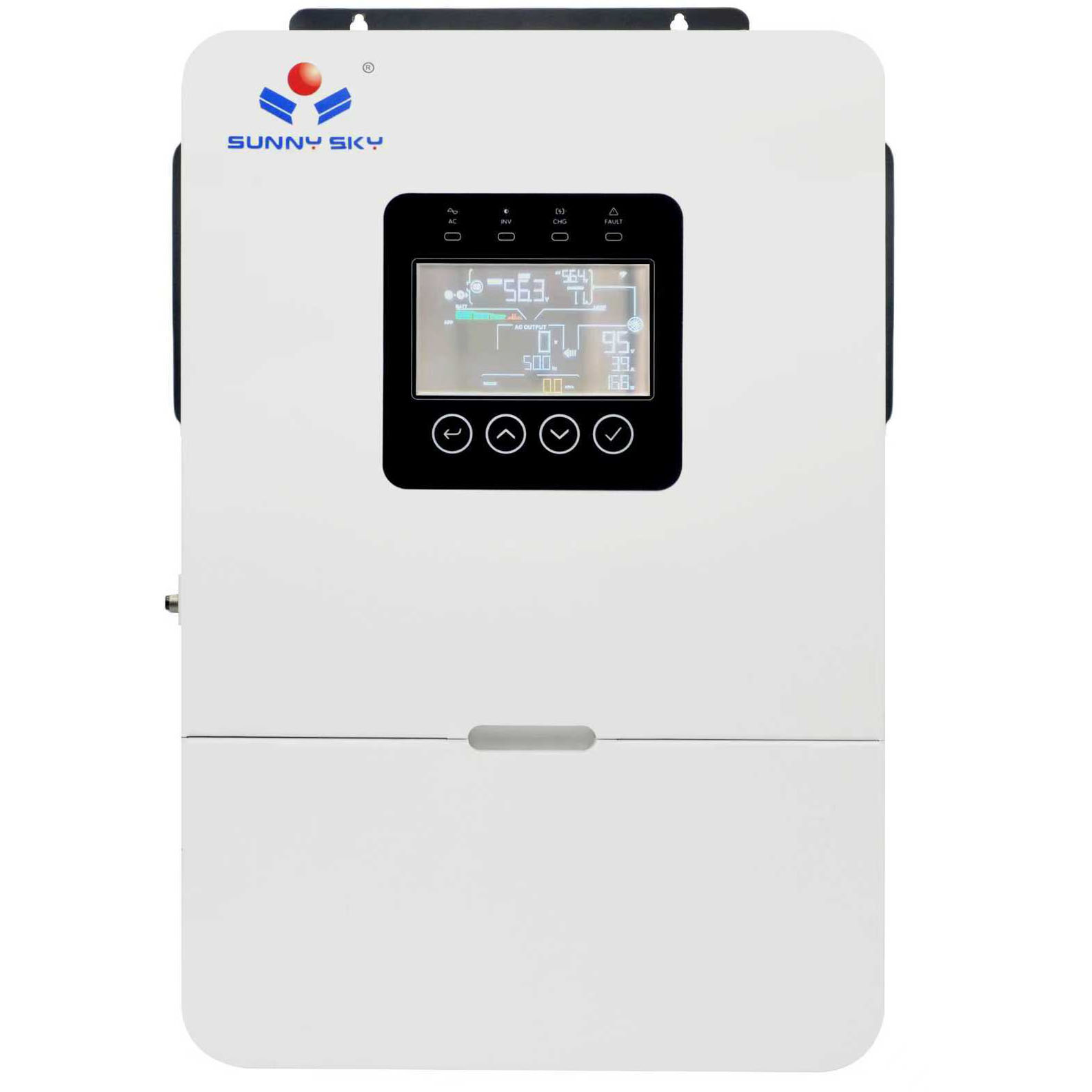
Understanding the Technology: How a High Efficiency Solar Charge Controller Works
The primary function of any charge controller is to regulate the power flowing from the solar panels to the battery bank. However, a high efficiency solar charge controller with MPPT technology goes a step further. Unlike older PWM controllers, an MPPT controller intelligently scans the voltage output of the panels and converts the excess voltage into amperage. This process ensures that the MPPT controller for solar panels is always operating at its most efficient voltage and current combination, or its 'maximum power point'. This is especially beneficial during cold weather, low-light conditions, or when the battery is deeply discharged, often boosting power harvest by up to 30% compared to conventional controllers.
How to Select the Best MPPT Solar Controller for Your System
Choosing the best MPPT solar controller involves matching the controller's specifications to your system's needs. Key factors include the battery voltage (12V, 24V, 36V, 48V) and the total wattage of your solar array. For instance, versatile options like the TYC Series offer models for various scales. The TYC-40IR can manage up to 2270W on a 48V system, making it suitable for many residential applications. For more demanding needs, the TYC-120IR is a powerhouse, handling up to 6800W. For high-power off-grid setups, a dedicated unit like the 48V100A MPPT Solar Charge Controller provides robust performance and reliability. Selecting a reliable solar charge controller that can handle your system's maximum potential output is crucial for safety and longevity.
Key Features and Connectivity in Modern Controllers
Today's advanced MPPT controllers come equipped with features that enhance user control and system monitoring. A clear LCD display, as seen on many modern units, is essential for viewing real-time data like charging status, voltage, current, and total power generation. Some models offer advanced connectivity options, such as the 60A MPPT controller which integrates 4G, Wi-Fi, and GPRS capabilities. This allows for remote monitoring via a smartphone or computer, giving you complete control over your system from anywhere. Furthermore, look for essential protective functions, including safeguards against battery overcharging, short circuits, and reverse polarity, to ensure your system operates safely.
Finding a Supplier: Wholesale and Pricing Information
When you are ready to purchase, finding a reputable solar charge controller supplier is your next step. Many MPPT solar controller manufacturers offer a wide range of products to fit different budgets and system sizes. For individual projects, retail purchasing is common. However, for installers or those planning large projects, exploring MPPT solar charge controller wholesale options can provide significant cost benefits. While solar charge controller pricing for MPPT units is typically higher than for PWM models, the significant gains in efficiency provide a much faster return on investment, making them the superior long-term choice for any serious solar power installation.


